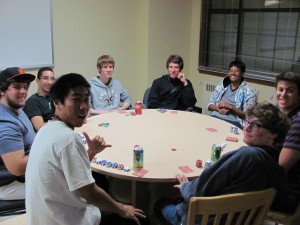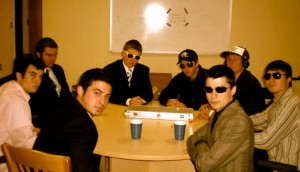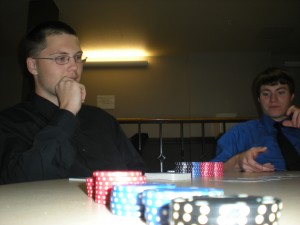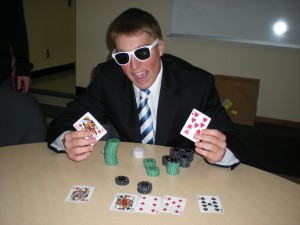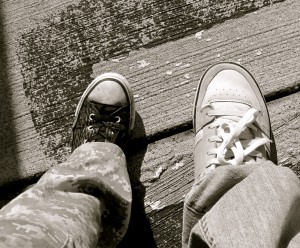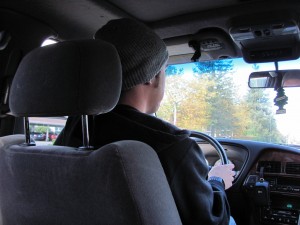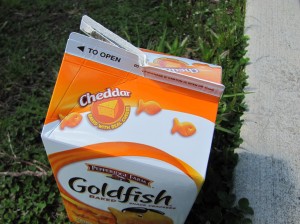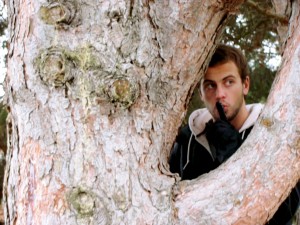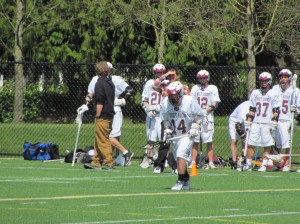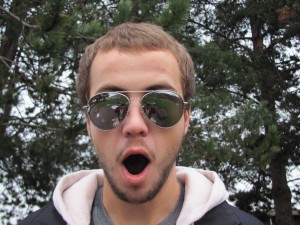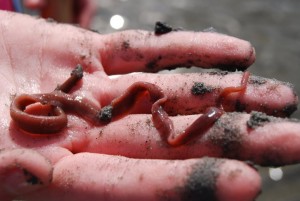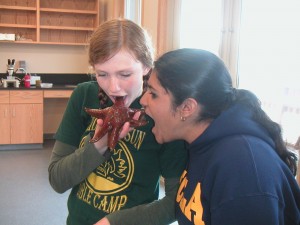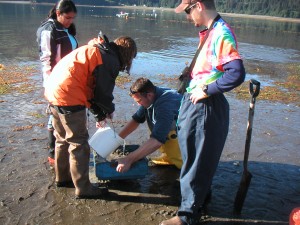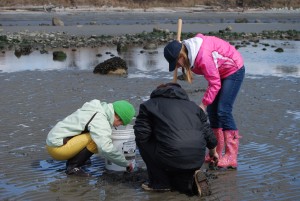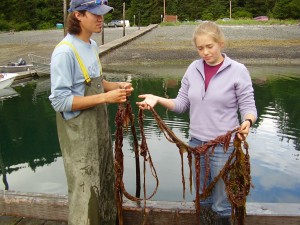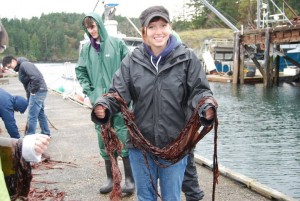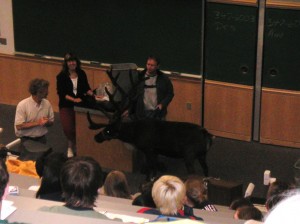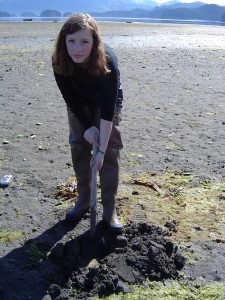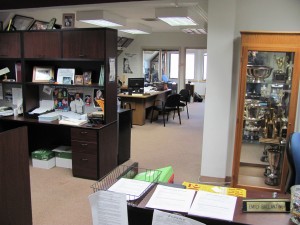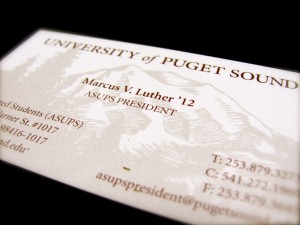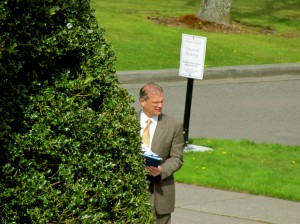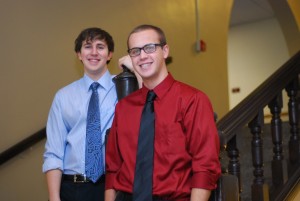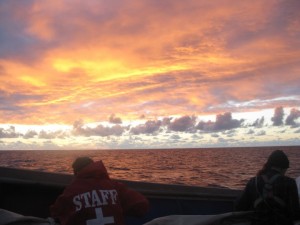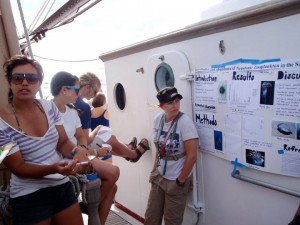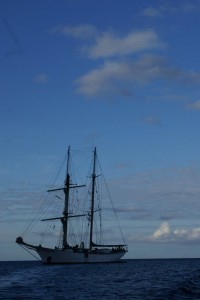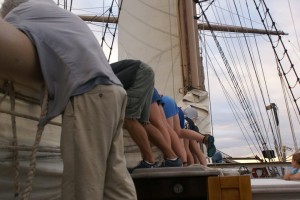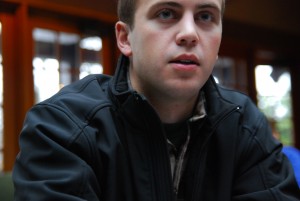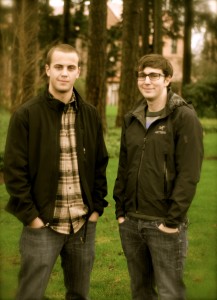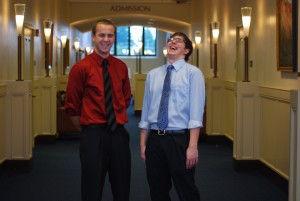Looking through all the posts, I really was surprised by the absence of any Residence Life perspectives (for those of you unfamiliar with the Puget Sound lingo, Residence Life basically equates to RAs). As there are over fifty RAs—or other acronym varieties such as RCCs or GHCs—on campus, I expected at least one to have beat me to the Official Puget Sound blog. Alas, that burden falls on my shoulders.
First of all, for all you who are still wondering what an RA is, here is the definition from ResidentAssistant.com:
- 1. A RA, is a student who lives in a university residential facility and acts as a resource for the students on their floor or in their area of the building.
- 2. RAs play a key role in creating an environment for students that is conducive to academic, personal and social growth.
- 3. RAs develop social, academic and cultural activities for their residents. A RA is a friend, resource, mentor, role model and community leader in their hall.
- 4. RAs develop strong leadership and interpersonal skills which build them into strong leaders and give them skills they can use for the rest of their lives.
These are the ideal characteristics, but label “RA” usually is accompanied by a variety of unflattering connotations, such as the “Fun Police” or “Dorm Cops.” Since RAs have the unfortunate job of making sure the residents are abiding by school policy—which includes no alcohol or drugs—the “us against them” mentality is a hurdle any RA must deal with.
Now, every RA takes a different approach to getting acquainted with his/her respective floor(s). Some will go door-to-door with cookies or gifts. Some will make it a point to formally introduce themselves to each resident on the first day with a handshake. Some will just leave their door open and hope that the residents wander in.
And some play poker.
For the past two years, I’ve had an all-male floor; thus, the dynamics I have to work with are much different than most RAs. Personally, I have grown up around card games. I learned Bridge, Hearts and Cribbage before I was seven years old. I am the four-time defending champion of our family’s annual Thanksgiving Cribbage Tournament. I enjoy pretty much any card game, from Rummy, Gin, 500, Pinochle, Spades, Five Crowns, etc. etc. etc. And only a few years back, I discovered poker—perhaps the most socially-enjoyable game of them all.
So poker became a weekly thing on my floors. Residents would come out, enjoy each other’s company, trade a bit of banter, and compete for a spot in the End-of-Semester Tournament. (Video links will be posted at the end).
Spring Semester 2010 Championship Game
That worked great last year, but this year’s floor preferred another game: Hearts. An RAs job is not to tailor the floor to his/her own interests; rather, it is an RAs job to cater to the floor’s interests. So this year, while I didn’t personally participate as much as last year (partly due to my other commitments), the floor played Hearts on an almost daily basis. At least for my floors over the past two years, cards have been an integral part of the community.
Hearts Championship, Fall 2010
And like last year, we still have End-of-Semester Hearts Tournaments. You better believe that I’m hungry for another victory a few weeks from now.
(Important Note: No money is ever exchanged at these games–they are played strictly for the ‘love of the game’ and ‘competitive spirit’)

